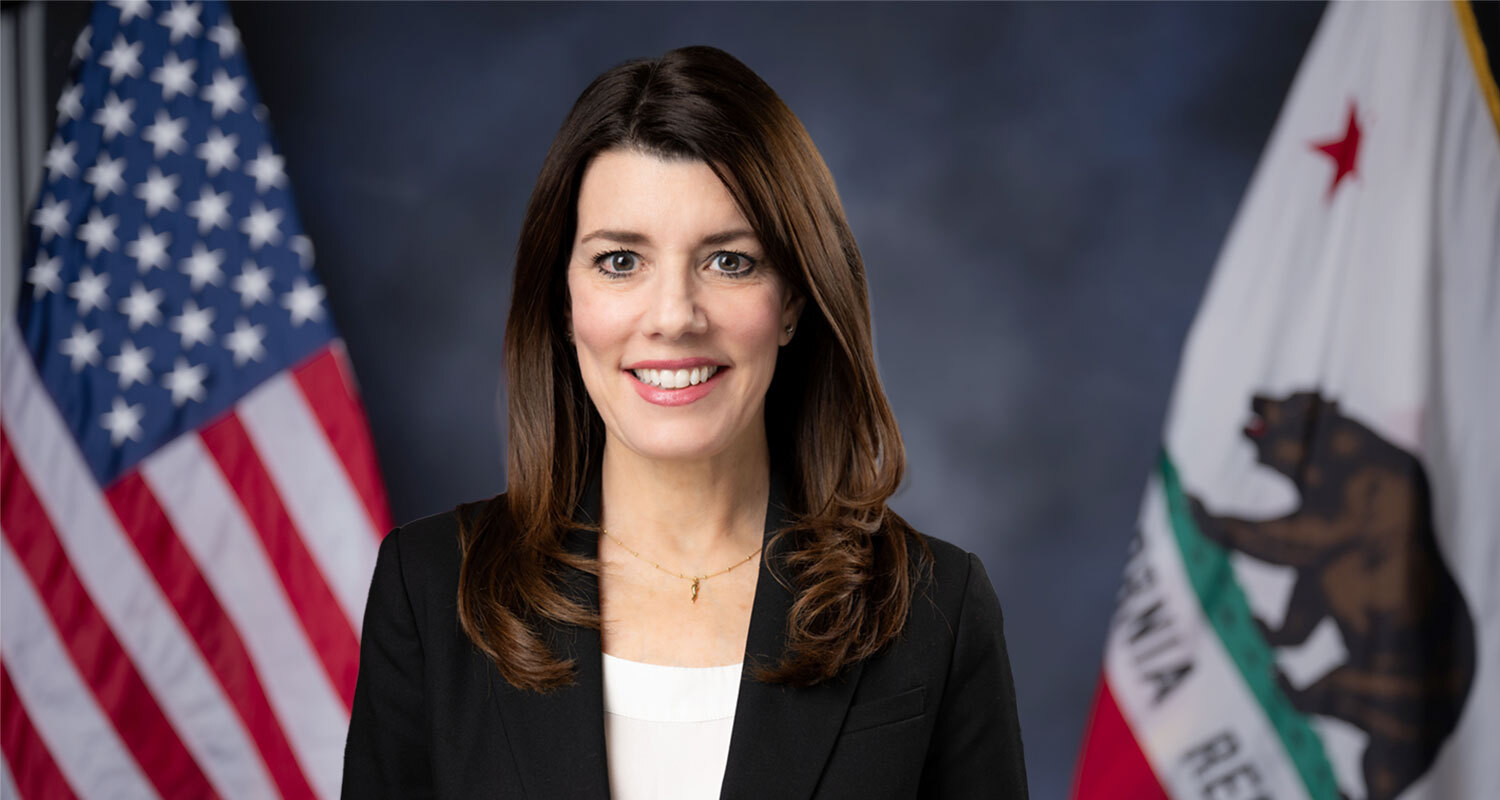Bill Heading to Senate Enhances Accountability and Transparency in California’s Emerging Offshore Wind Industry
Sacramento, Calif. – Today, AB 1417, authored by Assemblymember Catherine Stefani, passed the Assembly floor with a preliminary vote of 62-0. If signed into law, the bill will require offshore wind developers to report to the California Energy Commission (CEC) on their contributions to local communities and Tribal Nations for capacity building activities related to offshore wind.
The bill would...


